Explore the latest methods in voice cloning with our 2024 guide. Learn how to clone Riggy’s unique voice using AI technology, with insights on the best tools, benefits, and applications.
Key Highlights
Riggy’s voice is essential to his character’s identity and story on the DannoDraws channel.
Voice cloning uses AI to mimic a specific individual’s speech characteristics with high accuracy.
Cloning Riggy’s voice offers cost-effectiveness, scalability, and consistency across projects.
Selecting the right AI solution involves considering voice quality, dataset diversity, and ease of integration.
Top AI such as Novita AI provides APIs for cloning Riggy’s voice.
Practical applications include customer service, language learning, and interactive gaming.
Introduction
In the rapidly evolving world of AI technology, voice cloning stands out as a fascinating and versatile tool. This guide delves into the process of cloning the distinctive voice of Riggy, the beloved mascot from the DannoDraws channel. As a developer seeking to incorporate Riggy’s voice into your projects, this comprehensive guide covers everything you need to know. From understanding the fundamentals of voice cloning to selecting the best AI solutions and practical applications, you’ll find valuable insights to help you get started.
Who is Riggy and Why is His Voice?
Riggy The Runkey, also recognized as Rigmond T. Runkey, who serves as the iconic mascot and co-actor beside Danno on the DannoDraws channel. In addition to his roles in shorts and videos, Riggy has also ventured into content creation on his own platform. With a penchant for skateboarding and a flair for graffiti art, Riggy’s life took an unexpected turn when he was confronted by a clone attempting to take his place. Unwilling to relinquish his identity, Riggy engaged in a dramatic showdown to preserve his presence on the channel. Now at the age of 22, Riggy continues his adventures, both on and off the screen.
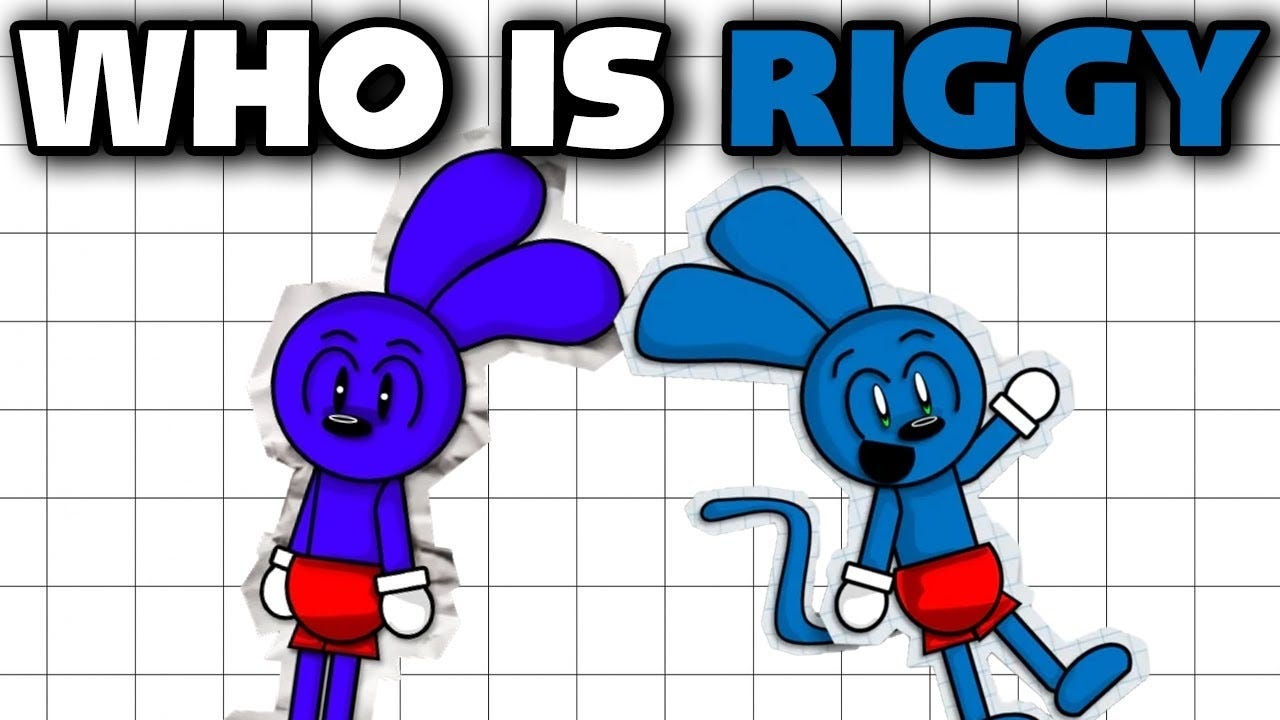
The uniqueness of Riggy’s voice lies in its connection to his character’s identity and the narrative surrounding him. When faced with the unexpected challenge of a clone trying to supplant him, Riggy’s voice became a critical element in his fight to maintain his identity and his role within the DannoDraws community. His voice, now a signature of his persona, carries the authenticity and the story of his character’s resilience.
What is Voice Cloning?
Voice cloning, a relevant region of text-to-speech (TTS) technology, refers to the process of creating a synthetic voice that closely mimics a specific individual’s speech characteristics. Utilizing advanced machine learning algorithms, voice cloning involves analyzing a dataset of the person’s vocal patterns, including pitch, tone, rhythm, and pronunciation. Once the AI has learned these nuances, it can generate new speech that replicates the original voice with remarkable accuracy, offering a versatile tool for various applications while ensuring the synthetic voice retains the distinct identity of the person being emulated.
Benefits of cloning Riggy Voice
Cost-Effectiveness
Compared to hiring voice actors for each project, cloning a voice can be a more cost-effective solution, especially for long-term or recurring projects.
Scalability
Voice cloning technology can handle a large volume of requests, making it scalable for projects of any size, from small indie games to large-scale applications.
Availability and Reliability
Unlike human voice actors, an AI-generated voice is always available, eliminating scheduling conflicts and ensuring project timelines are met.
Consistency Across Projects
Cloning Riggy’s voice ensures a consistent vocal experience across various projects and platforms, maintaining brand identity.
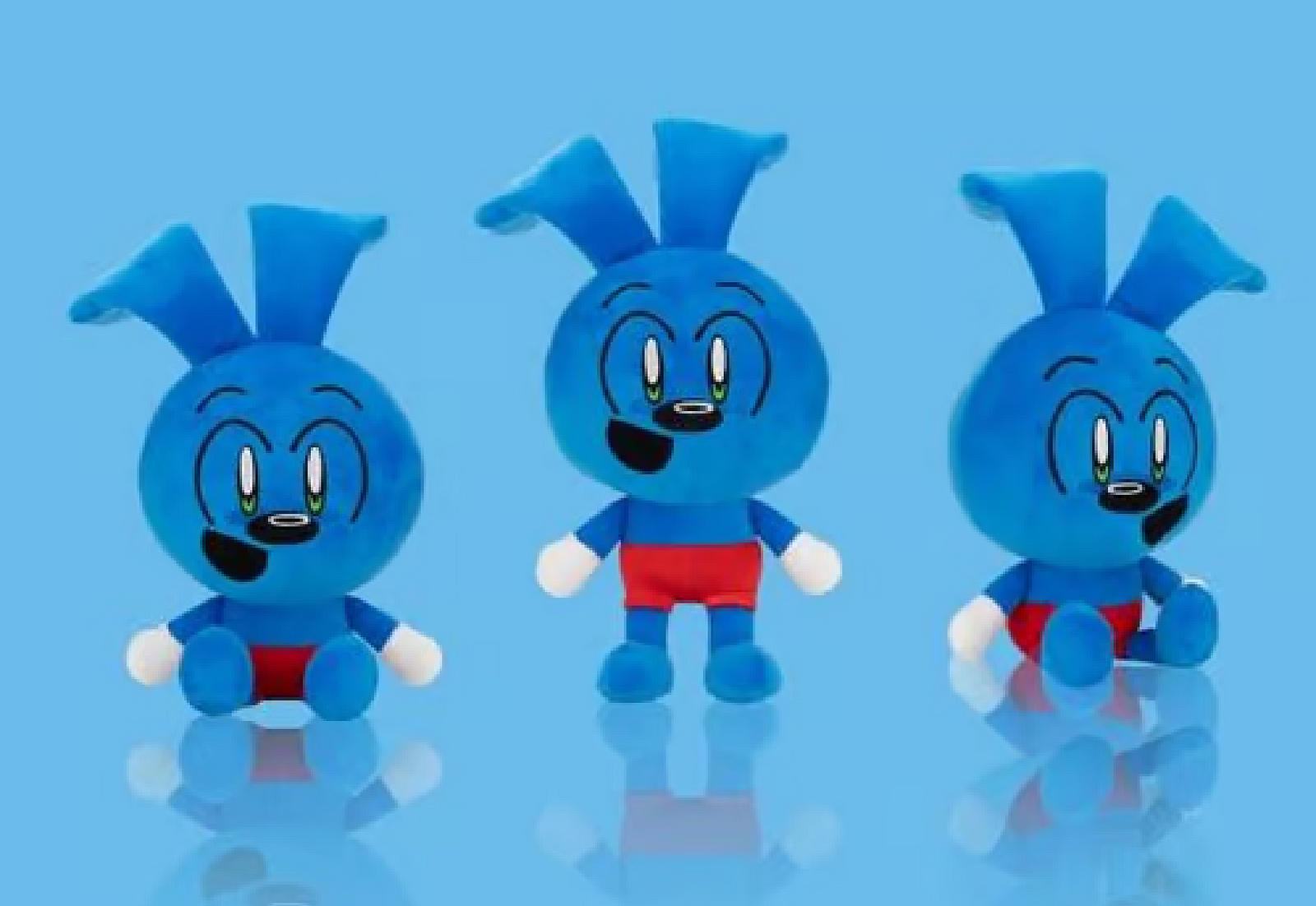
Guide to Selecting an AI Solution for Cloning Riggy’s Voice
When embarking on cloning Riggy’s distinctive voice using AI, it’s essential to consider the following key factors to ensure a successful outcome:
Quality of Voice Cloning Capabilities
Look for AI services that specialize in high-fidelity voice cloning.
Ensure they can accurately replicate Riggy’s unique voice characteristics, including tone, accent, and intonation.
Training Dataset Diversity
The AI model’s performance depends on the diversity and comprehensiveness of its training data.
Prioritize providers with extensive libraries of voice models covering a wide range of accents and styles.
Ease of Use and Integration
Choose a solution with a user-friendly interface and intuitive workflow.
Consider API-based services that integrate seamlessly into your existing applications, minimizing technical challenges.
Provider’s Track Record and Reliability
Evaluate the provider’s experience and reputation in the field of voice cloning.
Check customer reviews and, if available, listen to samples or demos to assess the quality of their technology.
Investing in a reliable and high-performing solution ensures the best results for cloning Riggy’s unique voice.
3 Best AI for Cloning Riggy Voice
Novita AI
Novita AI’s voice cloning service allows you to generate synthetic voices mimicking any speaker, using just a few minutes of reference audio. Novita also provide APIs for developer to insert into their projects.
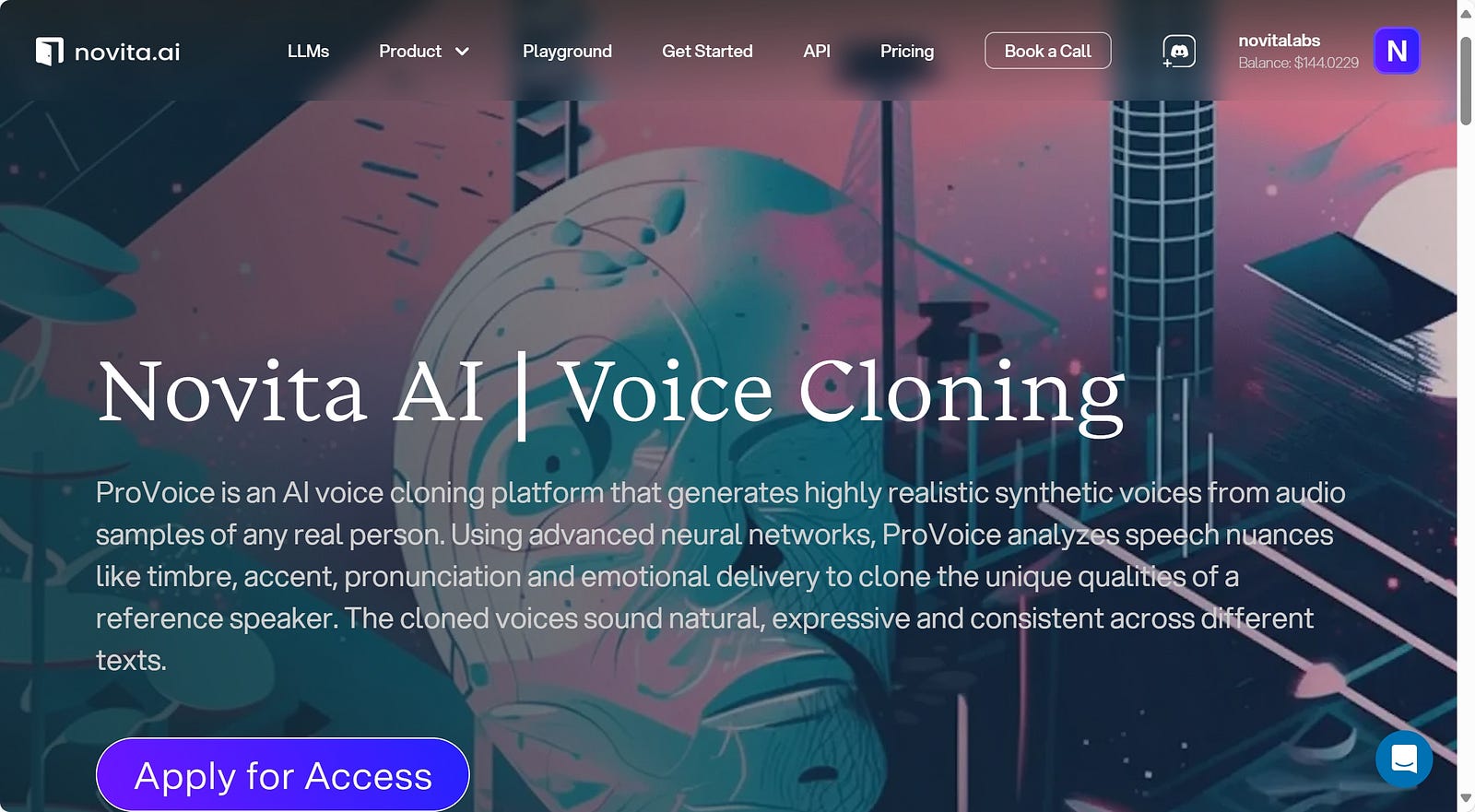
Jammable
Jammable is a user-friendly platform that offers over 16,000 AI voice models to choose from. You can also create your own custom AI voice model with just a few clicks.
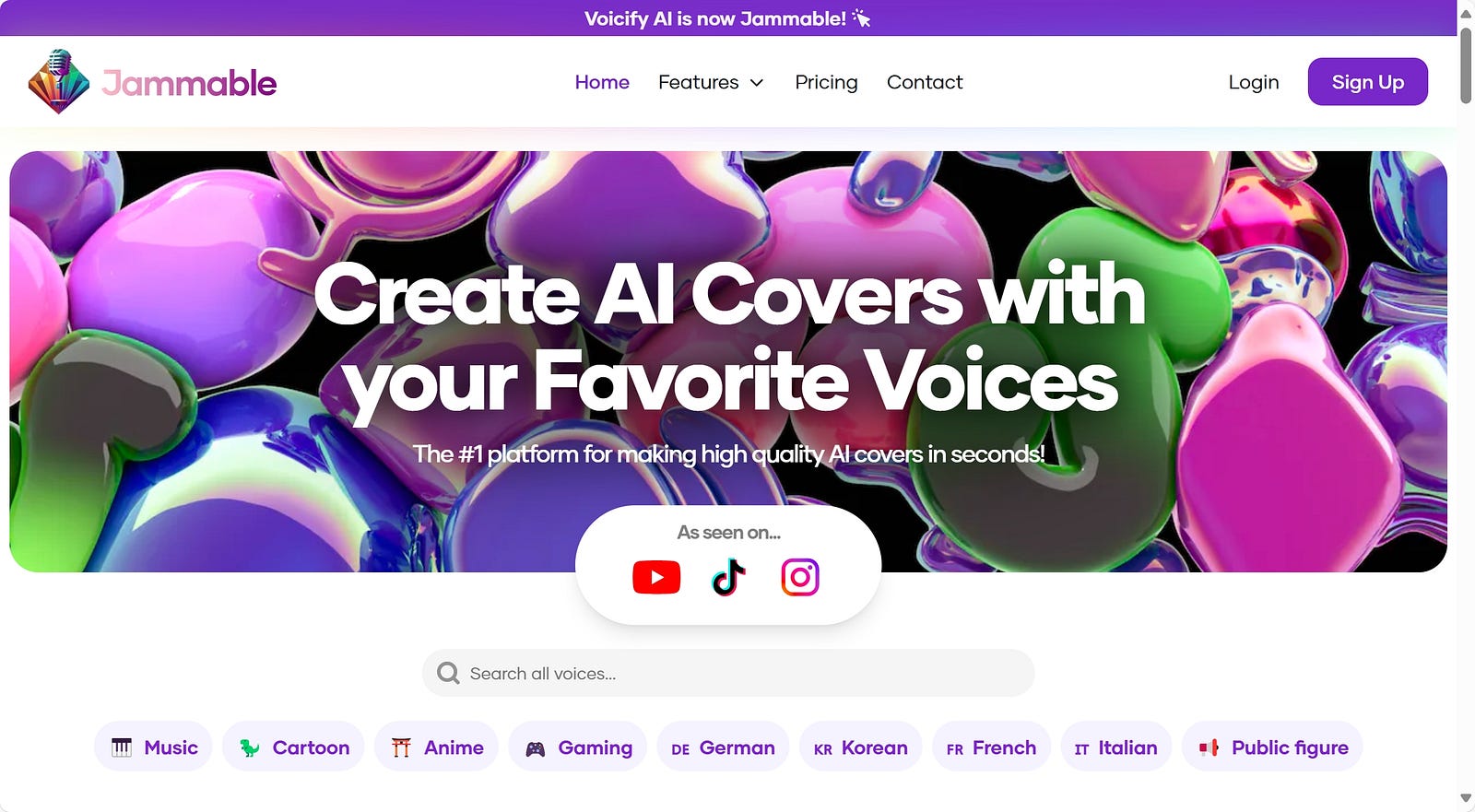
UniTool VoxMaker
VoxMaker provides an extensive library of over 3,200 AI voice models across 70+ languages. It has the capability to clone voices that are nearly identical to the original audio you provide.
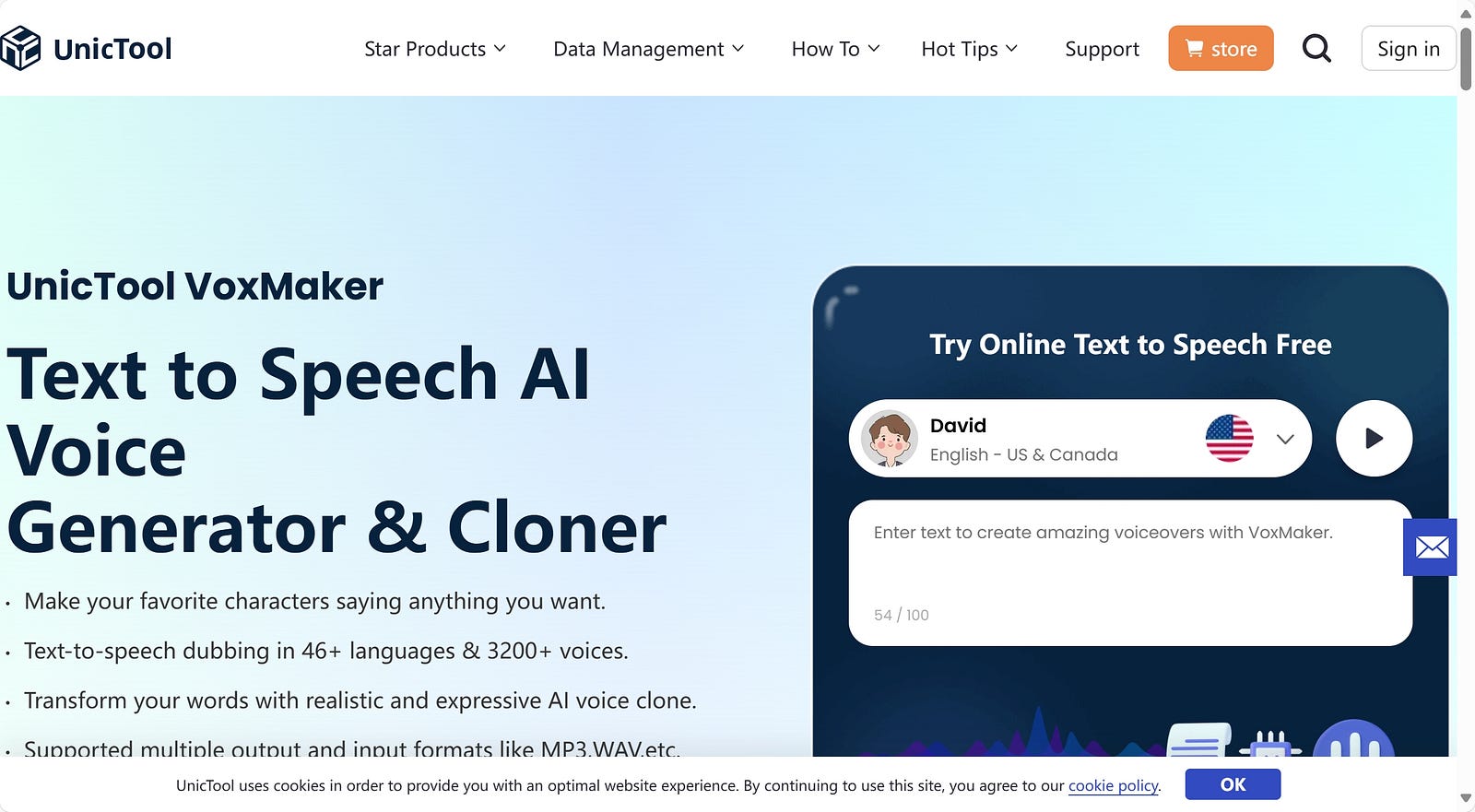
How to Clone Riggy Voice With APIs?
Cloning Riggy’s voice involves a series of meticulous steps. Thanks to the development of some cutting-edge AI technologies, developers can use APIs provided by some companies and integrate them into their projects.
Take Novita AI as an example to show you how to clone Riggy voice.
Requesting APIs and Integrate the APIs
Voice cloning
Step 1:Visit the Novita AI website and log in.
Step 2: Navigate to “Voice Clone Instant” to find the API. Incorporate the API into your backend system for voice cloning.
Step 3: Develop a user-friendly interface for uploading the original audio file and customizing voice settings.
Step 4: Test your Riggy Voice Cloning and deploy it to a production environment.
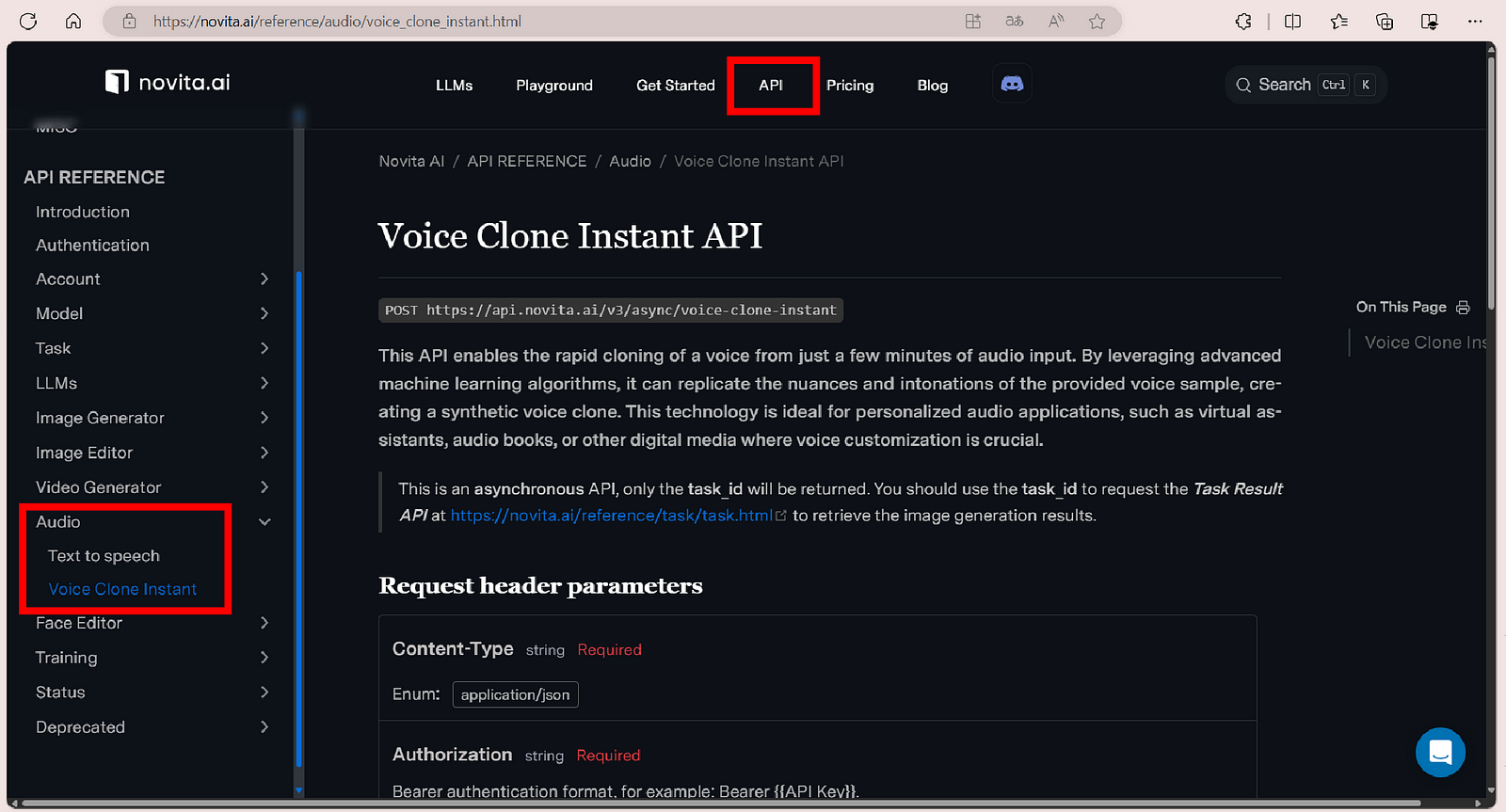
Text to Speech
Step 1: Return to the homepage, and click the “API” button.
Step 2: Click the “API” button and navigate to “Text to Speech API” under the “Audio” tab.
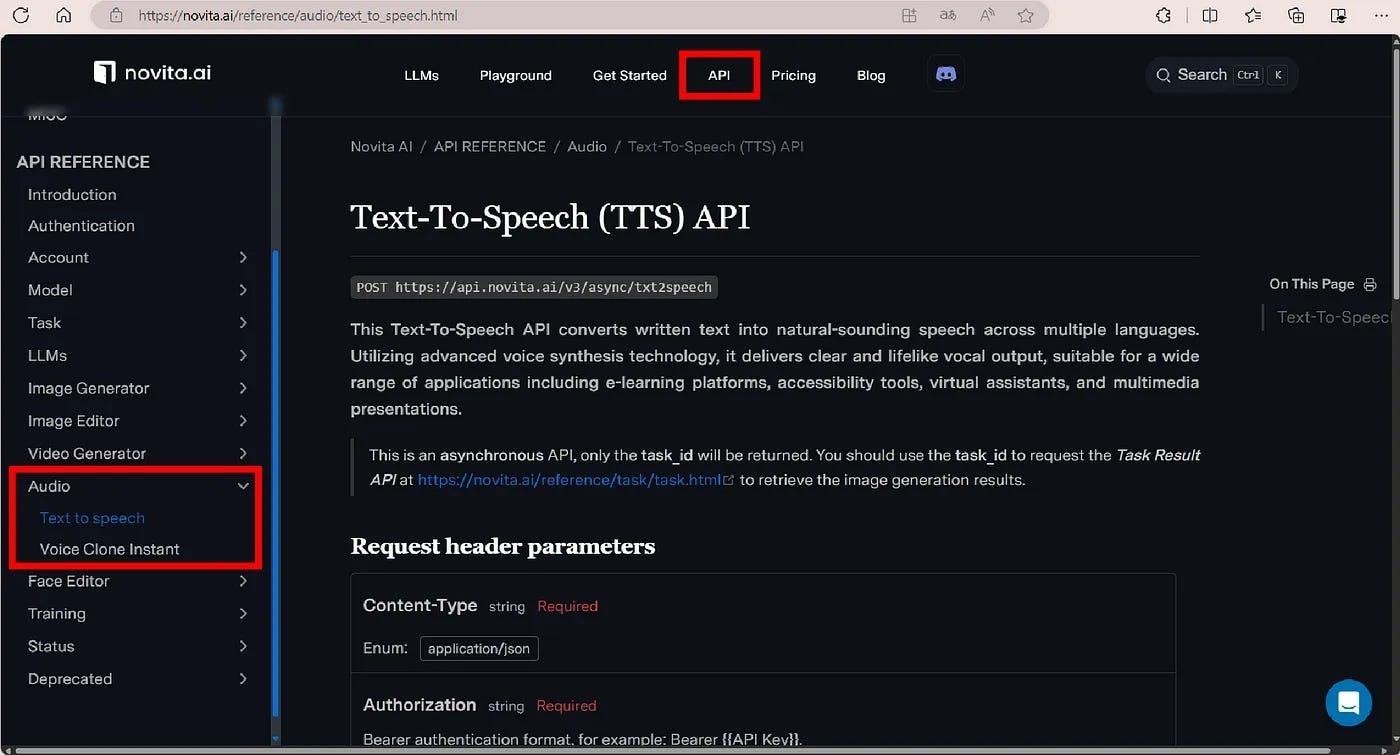
- Step 3: Get the API to create your Joey AI Voice Text To Speech and boost your business.
Moreover, Novita AI also offers APIs for AI image generation, like “text-to-image”, come and have a try all in one platform.
More Tips to Clone Riggy Voice Better
Voice Sample Collection and Analysis
To clone Riggy voice better, it begins by compiling a comprehensive dataset of Riggy’s voice. This includes collecting audio clips from his appearances on the DannoDraws channel and any other available media where he is featured.
Clean and pre-process the audio files to ensure they are of high quality and free from background noise. Analyze the samples to identify key vocal characteristics such as pitch, tone, and speech patterns.
Customization and Fine-tuning
Customize the synthesized voice by fine-tuning parameters such as pitch, speed, and expression to ensure the output is as close as possible to Riggy’s natural voice.
Integration of Emotional Intonation
To make the cloned voice more lifelike, integrate emotional intonation that can reflect the mood and tone of the text being converted into speech.
Testing and Iteration
Test the synthesized voice with various texts to ensure consistency and accuracy. Gather feedback and make iterative improvements to the model and synthesis process.
5 Best Cases of Cloning Riggy Voice
Customer Service: Implement the voice in automated customer service systems to provide a more natural and human-like interaction.
Language Learning: Use the voice for language learning applications, helping users to learn pronunciation and accentuation in a new language.
Augmented Reality (AR) and Virtual Reality (VR): Integrate the voice into AR and VR experiences to guide users through virtual environments or narrate stories within these immersive spaces.
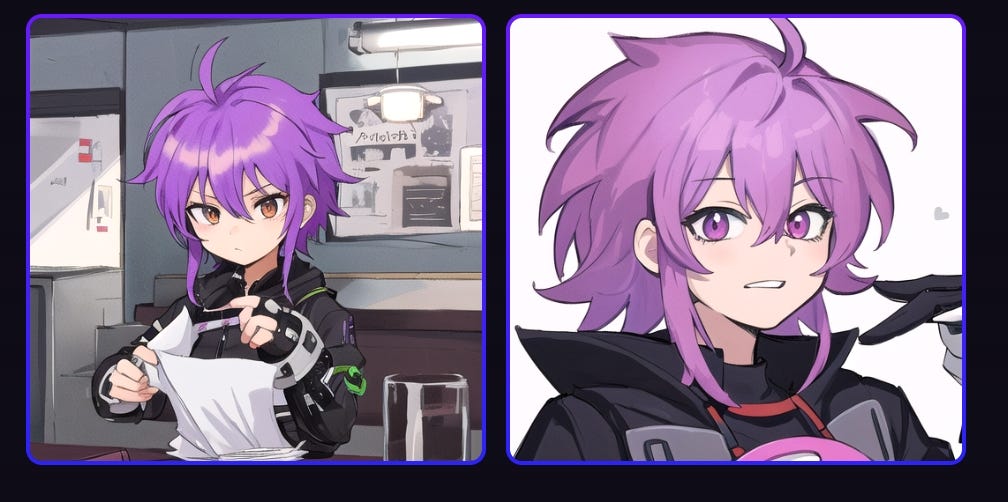
Virtual Assistants: Integrate the cloned voice into virtual assistants for devices or applications, providing users with a familiar and engaging interaction.
Interactive and Role-Playing Games: Enhance interactive fiction and role-playing games with the cloned voice, providing immersive character dialogues and narrations.
Monetization Strategies for Voice Cloning Technology
Subscription Models
Developers can offer subscription-based access to their voice cloning services, providing users with recurring features and updates for a monthly or annual fee.
Pay-as-You-Go
A pay-as-you-go model can be particularly effective for developers, allowing users to pay only for the voice cloning services they use, which can be appealing for cost-conscious consumers.
Premium Features
Offering basic services for free and charging for premium features can attract a wide user base while still providing revenue streams. Premium features might include advanced customization options or access to a wider range of voices.
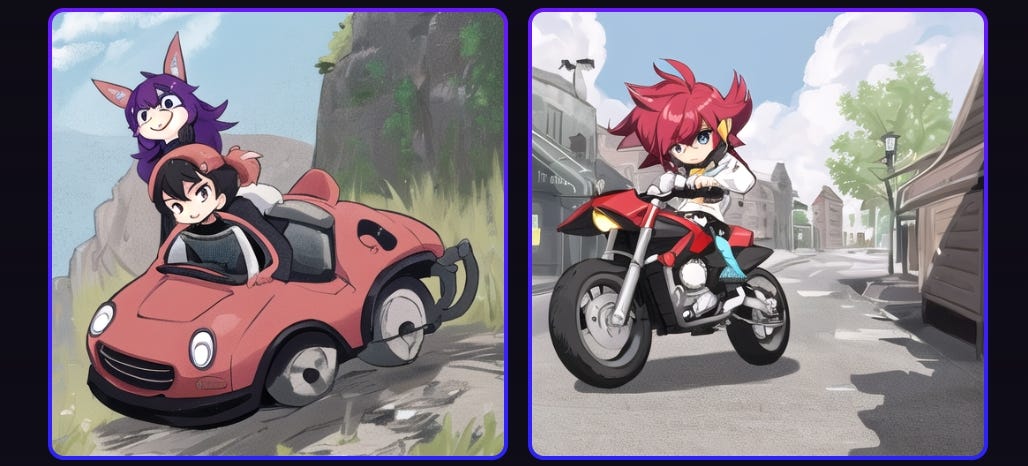
Future Trends and Advancements in Voice Cloning Technology
Enhanced Realism
Voice cloning technology is expected to become increasingly sophisticated, with improvements in sound quality that make it nearly indistinguishable from human speech. This will be achieved through more advanced algorithms that better capture the subtleties of human vocal expression.
Emotional Intelligence
Future advancements will likely include the integration of emotional intelligence, enabling cloned voices to convey a wider range of emotions and making interactions more natural and engaging. This could involve detecting and mimicking emotional cues from the original voice samples.
Expanded Application Areas
As the technology evolves, we can expect to see new applications emerge. This includes uses in areas such as virtual reality, where realistic voice cloning can enhance user immersion, or in educational software, where it can provide personalized tutoring experiences.
Integration with IoT
The Internet of Things (IoT) is another area where voice cloning could see significant growth. Cloned voices could be used to give a human-like interface to smart devices, making them more intuitive to interact with.
Conclusion
Voice cloning technology offers a myriad of possibilities, and cloning Riggy’s unique voice can add a new dimension to your projects. By understanding the key factors in selecting an AI solution, leveraging advanced tools, and following best practices, developers can create high-quality, realistic voice clones. As the technology continues to advance, the applications of voice cloning will expand, providing even more opportunities for innovation. Embrace the future of voice technology and explore the potential of Riggy’s voice in your next project.
Frequently Asked Questions
What are the main benefits of cloning Riggy’s voice?
Cloning Riggy’s voice provides cost-effectiveness, scalability, consistent vocal quality, and 24/7 availability, making it ideal for long-term projects.
How can I ensure the quality of a cloned voice?
Choose AI services with high-fidelity voice cloning capabilities and diverse training datasets. Test and fine-tune the synthesized voice to match Riggy’s unique characteristics.
How can cloned voices enhance interactive experiences in games?
Cloned voices can provide immersive character dialogues and narrations, making interactive fiction and role-playing games more engaging and lifelike.
Originally published at Novita AI
Novita AI, the one-stop platform for limitless creativity that gives you access to 100+ APIs. From image generation and language processing to audio enhancement and video manipulation, cheap pay-as-you-go, it frees you from GPU maintenance hassles while building your own products. Try it for free.

